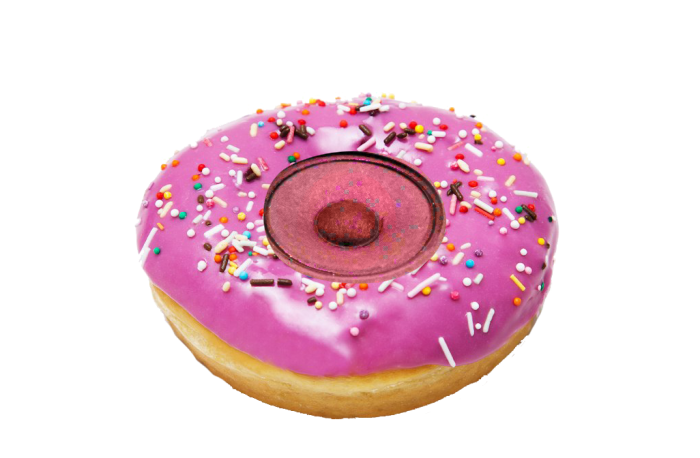Last month, on February 1st, 2024, Billy Joel released his first original song in seventeen years,“Turn the Lights Back On”. As a die-hard Billy Joel fan, the moment the Spotify notification popped up on my phone, I practically screamed. I then promptly sat down and gave the song my undivided attention– basking in all its nostalgic glory. The moment the song started, I was immediately awestruck. Aside from the ballad’s heartfelt sentiment, laced with thoughtful double entendres (Joel referring to “turning the lights back” on in a relationship, as well as in resurrecting his creativity/career), I just couldn’t believe how similar he sounded to his earlier works. I mean, he sounded EXACTLY the same. The tenor and depth of his voice– it almost wasn’t the voice of a seventy-four year old man. The song could have easily been slipped into his earlier 1970s repertoire. I, at first, attributed this as a testament to his unwavering talent. However, after the release of the accompanying music video…I have some follow up thoughts and doubts as to the authenticity of the recording.
https://youtu.be/UOf6CMbHPuA?si=FvYEbbGw0VRYW7Sa
Just for comparison, here is a video of a young Billy Joel performing “Just the Way you Are”
https://youtu.be/GkuJJsApACc?si=RlM04375xpw64r2H
As you can see, the music video features AI versions of a younger Billy Joel– depicting him in various stages of his career. Although I’m not a big fan of AI, I found this video to be incredibly impactful. The overall message– of not forgetting who you are as you grow older– was important and poignant. The visual execution was hauntingly beautiful and left me emotional and teary eyed. In particular, the shot in which an older Joel changes to a younger version as the lights come on, still gives me chills (3:46).
However, after later watching Joel’s performance of the ballad live at the Grammys…I can’t help but notice a distinct difference in the live recording, when compared to the official audio. To be frank, although both are wonderful, the tone and roundness of his voice are staggeringly different– the live version sounding more understandably like the voice of an older man.
https://youtu.be/lztHsCPB7E0?si=6pAm_1lqg51tdvWB
Within the last month or so, it is evident that I am not the only person who has begun to wonder to what extent Joel’s new song was edited…and whether or not any AI was involved. After an internet search, I found various speculation on unreliable opinion sites like Reddit and X (formerly known as Twitter). Surprisingly enough, no reliable sources have looked into this possibility. I assume that this is primarily out of respect for the artist, which I completely understand and support.
I should note that one Reddit user claimed that “The co-writer and producer, Freddy Wexler works with Justin Bieber, Ariana and The Jonas Brothers, among others – so there’s no doubt autotune is a staple of his in-studio production.” This information checked out.
Just to clarify, Autotune is a voice-processing application “that uses algorithmic technology to automatically correct and enhance the pitch of a singer’s voice. This allows for more accurate and expressive performances and has become a popular tool for recording artists and music producers.” (Soundtrap.com)
Whether or not the song solely uses Autotune, or also a more complex AI technology, is unknown. AI being used to replicate famous celebrity voices is now a common phenomenon– although the notion of artists using this technology to essentially imitate themselves has been generally unheard of.
Regardless of whether or not the song (in addition to the music video) utilized AI technology, I think the bigger question is whether or not we care. As someone who is usually strongly against AI in the creative industry, I’ve found myself conflicted– especially since I enjoyed this one artifact so very much. To be honest, if Billy Joel came out with an entire album of this nature, I’d probably be jumping for joy– ethical consequences be damned.
In conclusion, “Turn the Lights Back On” is a surprisingly nostalgic example of a very modern conundrum, and one which will only become more prevalent in the years to come.
